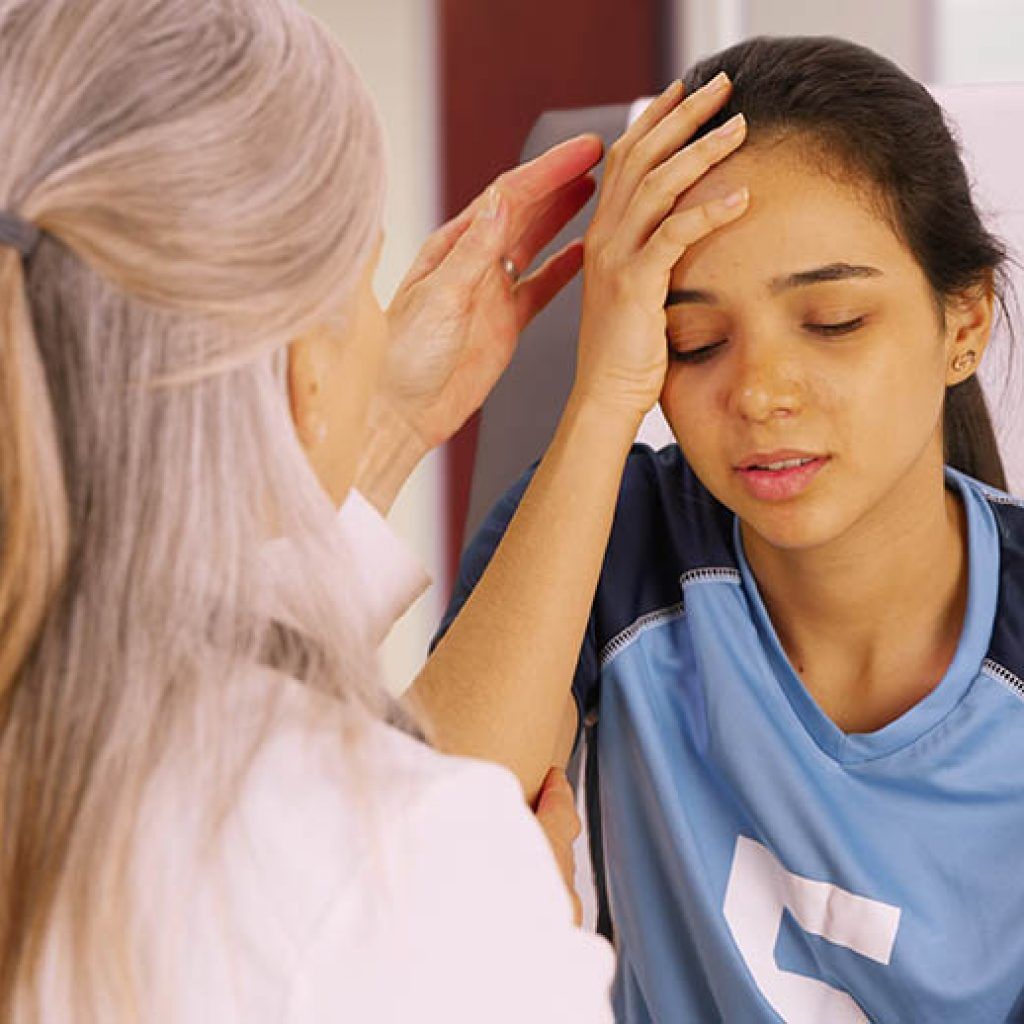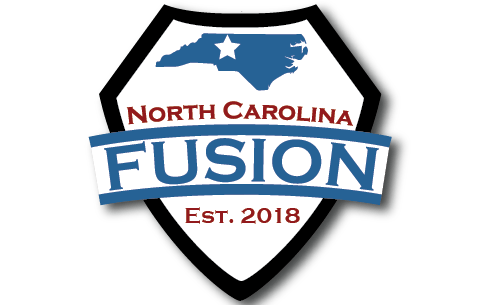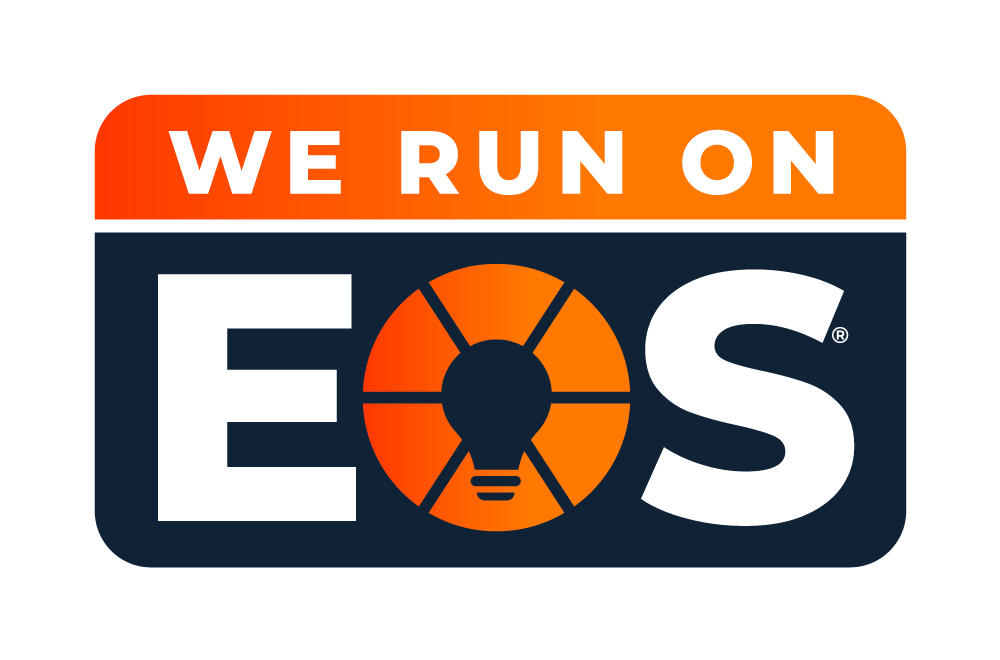A concussion may occur when there is a forceful bump, blow or jolt to the head or body that results in rapid movement to the head. This may or may not involve physical contact and can occur with whiplash or when the head strikes the ground. Concussions can occur with or without loss of consciousness. In fact, only five to ten percent of people with concussions are knocked unconscious.
An undiagnosed, unrecognized or poorly treated concussion can significantly prolong recovery and may cause permanent brain damage, or even have fatal consequences. Every coach, parent and athlete should be able to recognize the signs of a concussion and the steps to take after receiving one. A concussion might not be immediately obvious, because each concussion is unique and can cause multiple symptoms.








